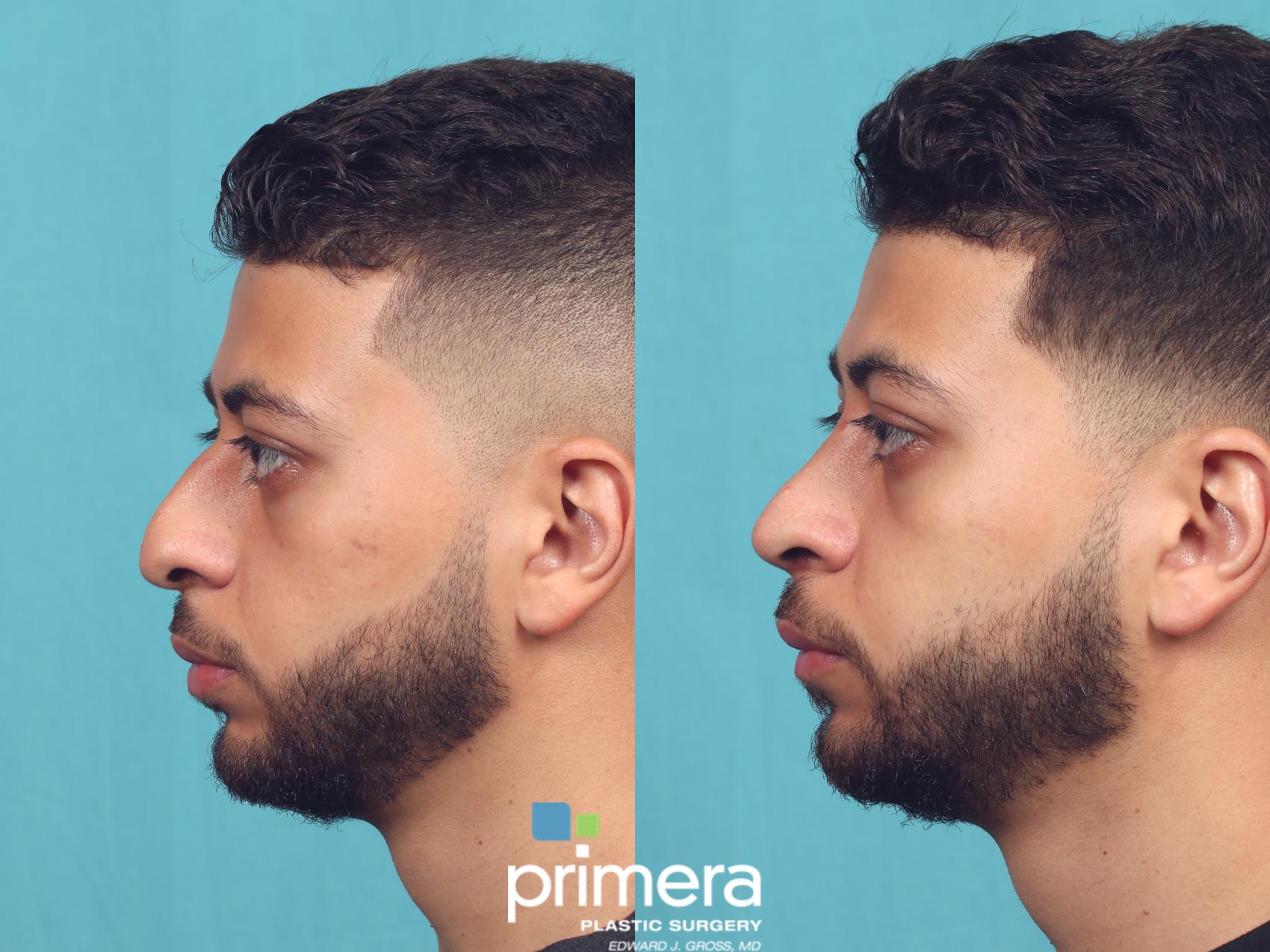If you’re considering ethnic rhinoplasty, choosing the right surgeon is the single most important decision you’ll make. This procedure requires not only technical skill but also an understanding of the unique nasal structures found in African American, Asian, Middle Eastern, and Hispanic patients—and the artistry to preserve your natural ethnic identity. In this guide, you’ll learn what to look for in an ethnic rhinoplasty specialist and see before-and-after photos of real patients who achieved balanced, natural-looking results.
Even if a friend recommends someone they consider the best rhinoplasty surgeon in Florida, it’s essential to do your research. A surgeon who performs standard rhinoplasty well may not have the experience or technical skill required for ethnic rhinoplasty.
Why Ethnic Rhinoplasty Is Different
Every nose tells a story. While all rhinoplasty procedures aim to reshape or resize the nose, ethnic rhinoplasty adds another layer of complexity. The goal is to create harmony without erasing the patient’s ethnic identity. This requires:
- Advanced knowledge of nasal anatomy across different ethnic groups
- Expertise with techniques that accommodate common concerns, such as thicker skin, weaker cartilage, or low nasal bridges
- Aesthetic sensitivity to maintain distinctive cultural features
As a double board-certified facial plastic surgeon, I bring more than 25 years of experience to ethnic rhinoplasty. My approach balances surgical precision with a deep respect for your heritage.
Ethnic Rhinoplasty: Common Goals by Background
Every ethnic rhinoplasty is unique, but certain goals often arise based on anatomical characteristics and aesthetic preferences. The goal is always to enhance your natural features while honoring your cultural identity.
Keep in mind that patient goals vary within any ethnic category and are not strictly determined by anatomy.
African American Rhinoplasty
While each person is different, some patients of African descent seek greater definition at the nasal tip or bridge while maintaining natural proportions. Because skin that is thicker and more resilient and cartilage that is softer and more flexible can make shaping more complex, I often use cartilage grafting or structured open rhinoplasty for lasting, balanced results.
Asian Rhinoplasty
Many Asian patients request subtle bridge augmentation and tip refinement to improve definition without losing their ethnic identity. Rhinoplasty techniques such as cartilage grafting or implants can provide gentle elevation and contour while keeping results harmonious and natural-looking.
Middle Eastern Rhinoplasty
Middle Eastern patients commonly wish to reduce a prominent dorsal hump, refine the nasal tip, or achieve a softer, more balanced profile. Preservation or open rhinoplasty techniques allow your surgeon to smooth the bridge while maintaining structural integrity for long-term results.
Hispanic Rhinoplasty
Hispanic patients often seek improved nasal tip refinement or hump reduction while preserving their cultural features. The approach may include open rhinoplasty or preservation techniques tailored to maintain strength and symmetry while creating a natural, proportionate look.
I tailor each technique to preserve strength and structure while creating a balanced profile. Learn more about choosing the best rhinoplasty technique in our related blog post.
Tips for Choosing the Best Ethnic Rhinoplasty Surgeon
Selecting the right surgeon is the most important step in your rhinoplasty journey. These tips will help you find an experienced specialist who understands both the art and science of ethnic rhinoplasty.
1. Check Board Certifications
Ensure your surgeon is certified by the American Board of Facial Plastic and Reconstructive Surgery. This certification requires advanced training and proven expertise in facial surgery. (I am double board-certified, including in otolaryngology.)
2. Find a Specialist in Ethnic Rhinoplasty
Ask how many ethnic rhinoplasty procedures the surgeon performs each year. Experience matters—especially when working with the unique anatomical characteristics of African American, Asian, Hispanic, and Middle Eastern patients.
3. Review Before-and-After Photos
A skilled surgeon should provide photos of real patients, ideally with features and ethnic backgrounds similar to yours. Look for natural-looking results that maintain cultural identity.
4. Choose a Surgeon Who Listens
Rhinoplasty is deeply personal. The right surgeon will take the time to understand your goals and explain how they’ll customize the procedure to achieve them.
See the Results for Yourself
Browse our rhinoplasty before-and-after photos to see how I combine advanced surgical techniques with an appreciation for individuality.
Ready To Learn More?
Ethnic rhinoplasty focuses on refinement, not transformation, and choosing the right surgeon makes all the difference. If you’re ready to discuss your options for ethnic rhinoplasty, call my Lake Mary office at (407) 333-3040 or request a consultation online today.











Yes, that’s possible. Call our office to schedule a Consultation.